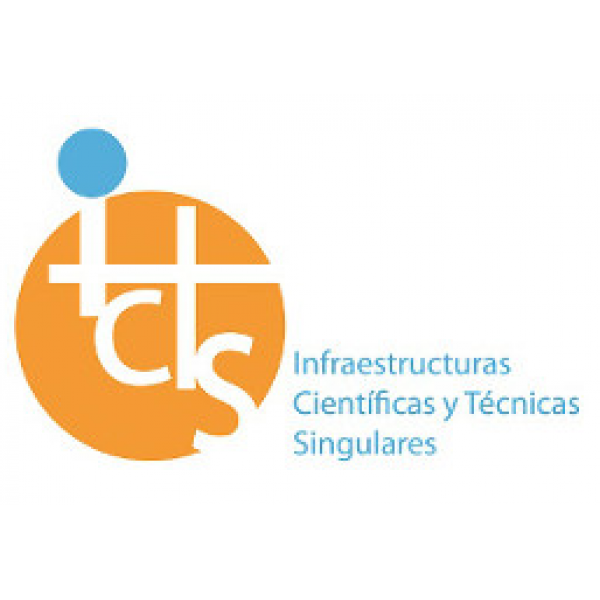
On April 14, 2015 the CNAG organised the workshop Introduction to Genome Analysis to help collaborators get a better understanding and improve interpretation of genome data. It was the first of the workshops that the CNAG will offer to current and prospective collaborators.
The unprecedented advance of next generation sequencing technologies imposes high demands on bioinformatics tools required for data analysis. The CNAG collaborates with researchers from different fields and helps them deal with this increasing quantity of genome sequencing data to find, characterise and associate genetic variants and candidate disease genes.
The results provided by the CNAG are personalised for each project, and data analysis is performed taking into account the initial hypothesis of the study. The correct interpretation of the results is essential for the projects’ success.
The aim of the workshop was to help CNAG collaborators better understand the results and how they were generated and become more confident when working with the results provided by the CNAG. Specifically the workshop focused on the variant results produced at the CNAG for collaborative projects on exome and whole genome resequencing of human samples. It was divided in two parts:
- An introduction to the basic concepts of the bioinformatic process of variant calling and the standard file formats.
- A discussion (with some hands-on work) on how to filter the results, on functional and predictive annotations and which of them may be helpful for filtering according to previous experience, and some caveats when using the annotations.
Sophia Derdak, Raúl Tonda, Steven Laurie, Enric Serra and Sergi Beltran, members of the CNAG Data Analysis Team, were in charge of teaching the different sessions of the workshop.










